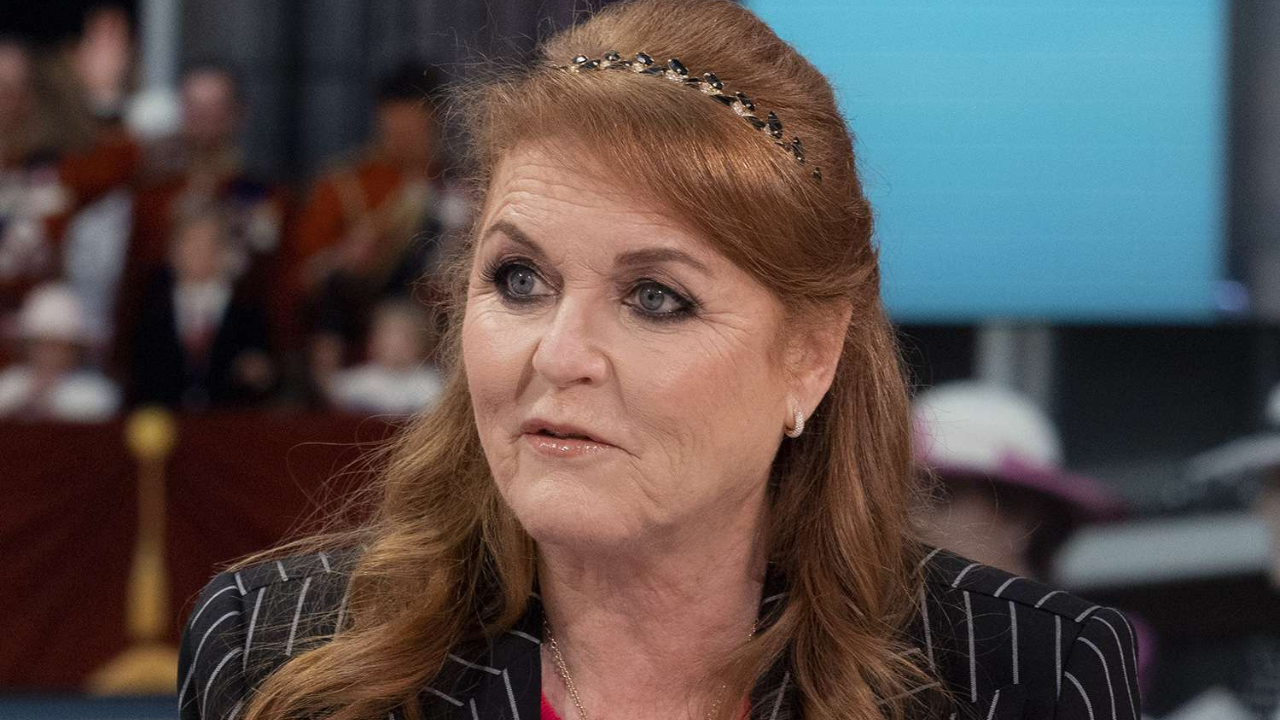
Sarah Ferguson has spent nearly four decades navigating the inner sanctum of the British royal family, accumulating institutional knowledge that few outsiders possess. Now, after King Charles evicted her from Royal Lodge—the sprawling 30-room Windsor estate where she lived for approximately 17 years—publishers are reportedly offering substantial fees ranging from roughly £10 million upward for book deals. The timing raises a critical question: has the Crown just handed one of its most dangerous insiders both motive and opportunity to speak?
A Life Inside the Palace Walls
Ferguson married Prince Andrew in 1986 and remained closely tied to royal circles even after their 1992 separation and 1996 divorce. When she moved into Royal Lodge in 2008, she secured something more valuable than real estate—proximity to power. Unlike Meghan Markle’s brief tenure or even Prince Harry’s more recent departure, Ferguson possessed what palace insiders refer to as “institutional memory.” She witnessed decades of family dynamics, private conversations, and decisions that shaped the monarchy itself. She knew the rhythms of royal life in ways that outsiders simply cannot.
The 98-acre estate within Windsor Great Park became her anchor—a symbol of her place within the institution she had protected through discretion and silence for four decades.
The Eviction That Changed Everything
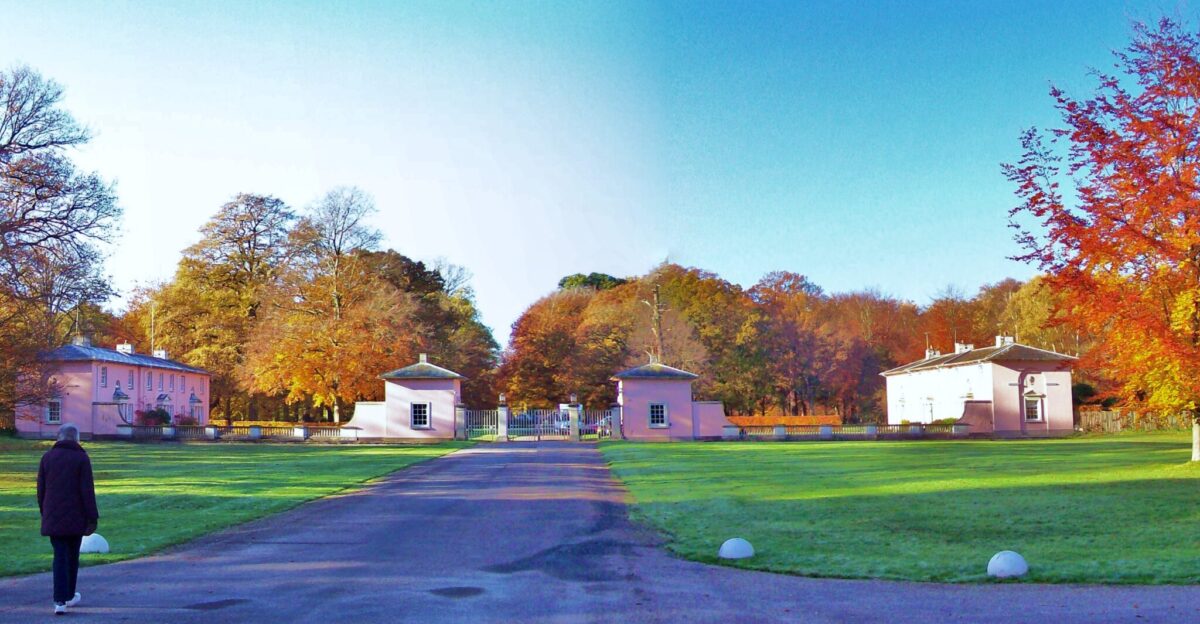
King Charles’s decision to remove Ferguson from Royal Lodge was not merely a real estate transaction. It was a rejection. After nearly two decades of residence, she found herself displaced, her status diminished, her connection to the Crown severed. Palace sources described the mood as one of betrayal. Ferguson had kept secrets. She had remained loyal. She had defended the institution. And this, apparently, was how the Crown thanked her.
The eviction feels personal because it is personal. Charles was attempting to distance the monarchy from Prince Andrew’s ongoing association with disgraced financier Jeffrey Epstein—a scandal that Andrew’s 2022 settlement with Virginia Giuffre failed to fully resolve. Ferguson, as Andrew’s closest confidante and former spouse, became collateral damage in the Crown’s damage-control strategy.
A Dangerous Combination: Access, Grievance, and Financial Incentive
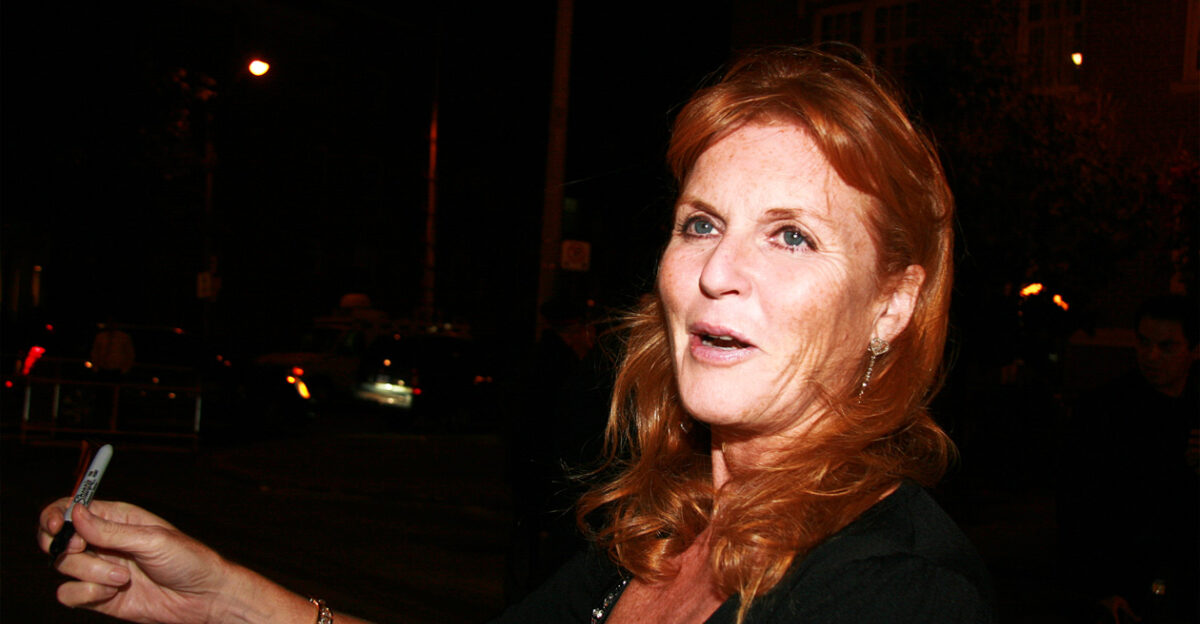
What makes Ferguson uniquely threatening is not merely what she knows, but her credibility in knowing it. She was not a visitor observing from the periphery. She was family, living within the palace ecosystem, witnessing private moments and family tensions that shaped a future king. Multiple outlets report that Ferguson now possesses what insiders describe as “an appetite for revenge”—not the impulsive anger of the moment, but the calculated resentment of someone who feels used and discarded.
Publishers understand this calculus. They recognize that Ferguson’s story carries weight that few others can match. The international appetite for royal insider narratives—proven by the commercial success of Harry and Meghan’s ventures—has created a market willing to pay premium prices for authentic, detailed accounts from credible sources. For Ferguson, suddenly facing reduced circumstances after decades of privilege adjacent to the palace, the financial incentive is substantial.
The Palace’s Vulnerability
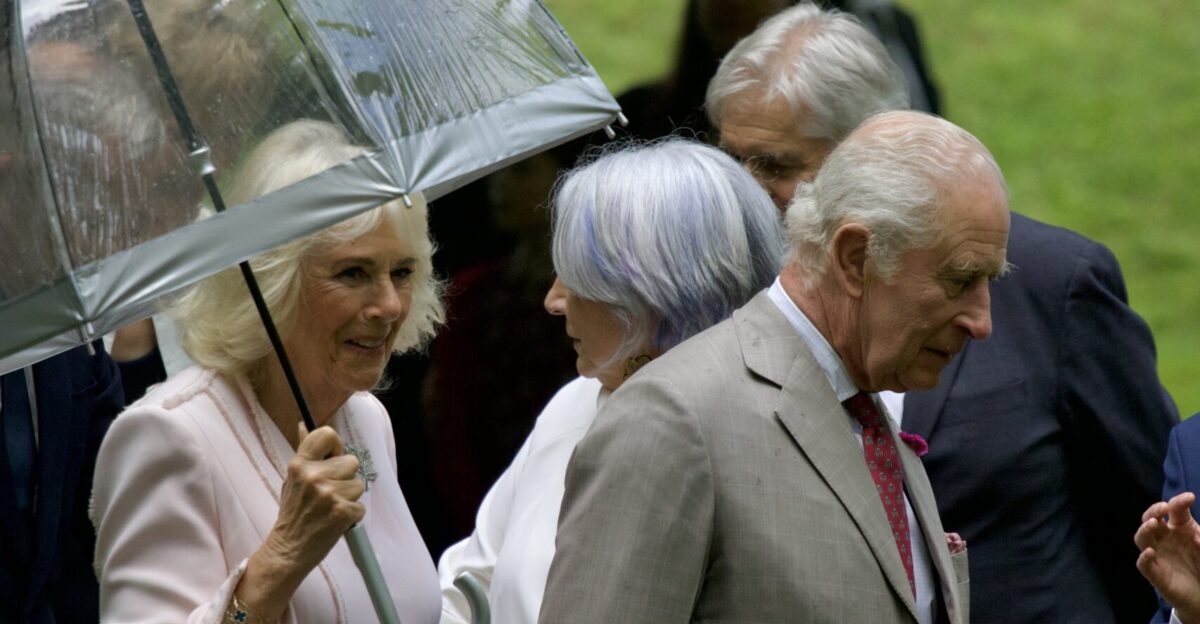
King Charles faces his first genuine internal crisis as monarch. This is not ceremonial or procedural—it is existential. TalkTV host Mark Dolan publicly stated that Ferguson’s potential revelations could “taint King Charles’ entire reign as monarch.” That language reflects how seriously observers assess the threat.
The Crown possesses traditional tools: legal injunctions, financial leverage, and public relations machinery. However, the precedent of Harry and Meghan demonstrates that silencing insiders indefinitely is no longer feasible. Once one insider monetizes their story, others recognize the viability of doing the same. Ferguson’s potential book deal could trigger a cascade effect—a contagion of tell-alls that fundamentally reshapes the world’s understanding of the monarchy.
The Unanswered Question
What exactly does Ferguson know? Palace staffers lie awake contemplating this question. Andrew’s Epstein connections? Early tensions with Charles during his regency? Family rifts that never surfaced publicly? The specifics remain unknown, but the uncertainty itself is a weapon. One insider summarized it bluntly: “If she ever lets loose, it won’t just ruffle feathers—it’ll torch the whole aviary.”
What Comes Next
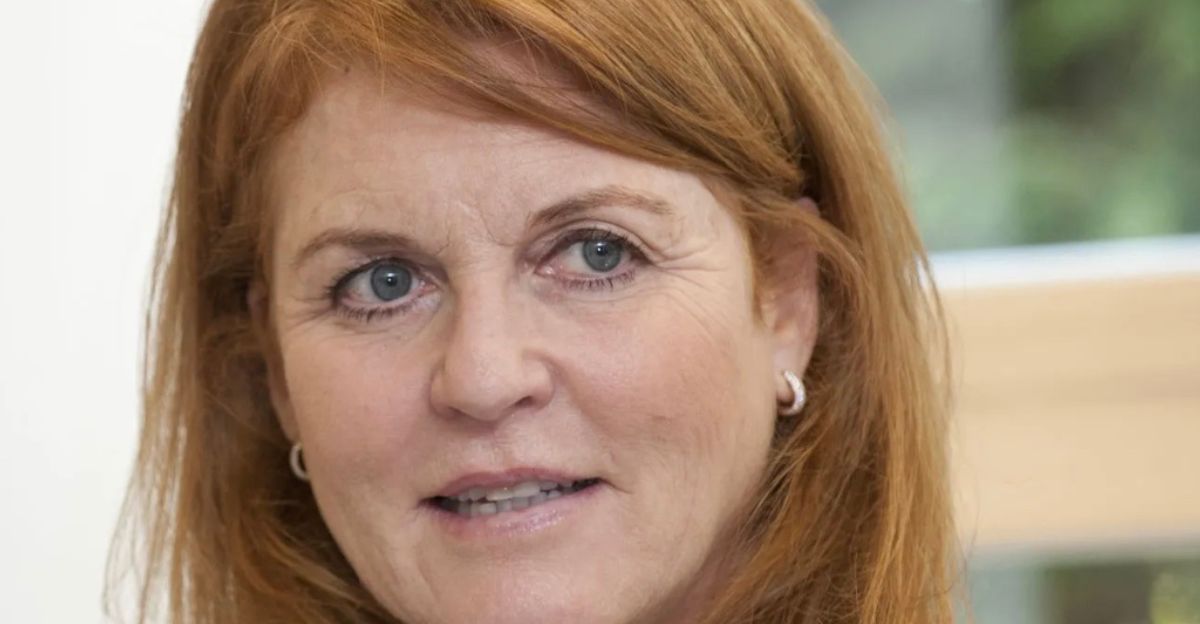
As of late November 2025, Ferguson is officially out of Royal Lodge. Her lease on loyalty has expired. The palace faces a choice: negotiate, suppress, or absorb the fallout. History suggests that Ferguson will find a platform for her story—whether through a memoir, an interview, or a streaming deal. When she does, the monarchy will confront a reckoning it may not be prepared to manage.
For King Charles, this moment will define the early trajectory of his reign. How he responds to Ferguson will signal whether he has learned from the mistakes that drove Harry and Meghan away, or whether he is repeating them. The clock is ticking, and the Crown’s next move remains uncertain.
Sources:
Rob Shuter’s #ShuterScoop royal commentary and insider briefings, November 2025
The Express reporting on Sarah Ferguson eviction and royal tensions, November 2025
TalkTV host Mark Dolan analysis of monarchy vulnerability, November 2025
The Mirror royal affairs reporting, November 2025
The Times analysis of King Charles’ early reign decisions and precedent, 2025
Royal historian Dr. Anna Whitelaw commentary on protocol shifts in Windsor family dynamics